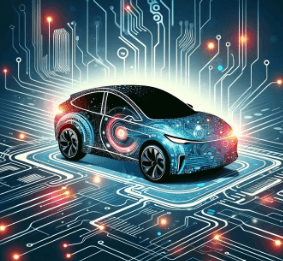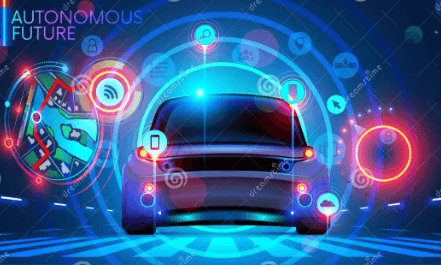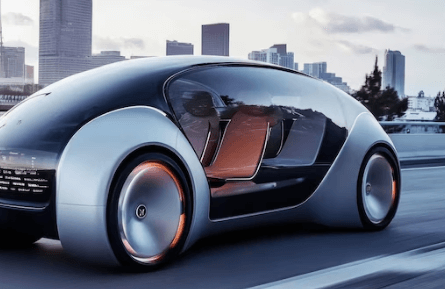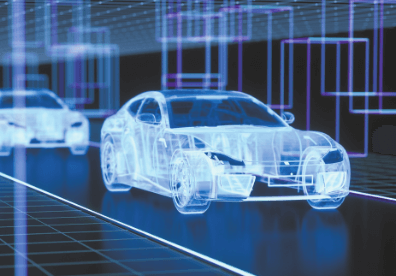Exploring the Future of Autonomous Vehicles
The future of autonomous vehicles presents a significant shift in urban mobility and safety. As technology matures, it promises to minimize human error and potentially reshape city landscapes. However, the path forward is fraught with regulatory challenges and ethical dilemmas. Public acceptance remains uncertain, raising questions about equity and privacy. What implications will these changes hold for society as a whole? The answers may redefine the relationship between technology and daily life.
The Technology Behind Autonomous Vehicles
The technology behind autonomous vehicles integrates a complex array of systems designed to enable self-navigation and decision-making.
Central to this innovation is sensor fusion, which combines data from multiple sensors to create a comprehensive understanding of the vehicle’s environment.
Machine learning algorithms further enhance this capability, allowing the vehicles to adapt and improve their decision-making processes, ultimately aiming for safer and more efficient transportation.
see also ; CARLA
Potential Benefits of Self-Driving Cars
Autonomous vehicles promise a myriad of potential benefits that extend beyond mere technological advancements. Key among these are significant safety improvements, as self-driving cars can reduce human error and traffic accidents.
Additionally, the economic impacts are profound, with increased productivity, reduced congestion, and lower transportation costs. These advantages herald a transformative shift in mobility, offering individuals greater freedom and enhancing overall societal wellbeing.
Challenges and Concerns in Implementation
While the promise of self-driving cars is enticing, several challenges and concerns complicate their implementation.
Regulatory hurdles hinder widespread adoption, while public perception remains skeptical regarding safety standards. The technology must demonstrate reliability to gain trust.
Additionally, ethical dilemmas arise when programming vehicles to make life-and-death decisions, complicating the moral landscape of autonomous driving and raising questions about accountability and responsibility.
The Future of Urban Mobility and Society
As cities evolve to accommodate a growing population and changing transportation needs, the integration of autonomous vehicles could redefine urban mobility and societal interactions.
This shift necessitates advancements in urban infrastructure, potentially reducing traffic congestion and enhancing accessibility.
However, the social implications are profound, as communities must navigate issues of equity, privacy, and the balance between technological advancement and human connection.
Conclusion
As autonomous vehicles inch closer to reality, they stand at the crossroads of innovation and societal transformation. The promise of safer roads and enhanced urban mobility beckons, yet the shadows of skepticism and ethical quandaries loom large. In navigating this complex terrain, society must embrace not only the technology but also the conversations it ignites about accessibility and privacy. Ultimately, the journey toward an autonomous future may redefine not just our cities, but our very humanity.






